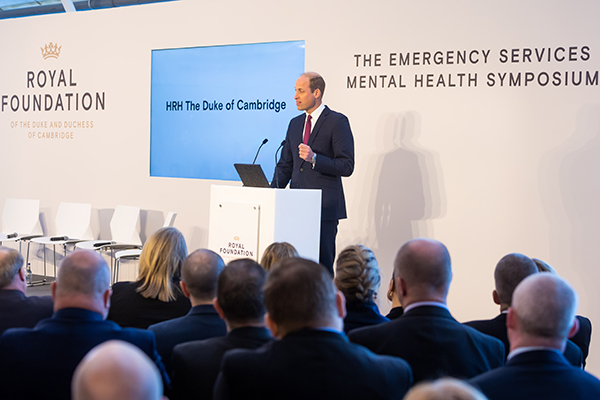We’ve joined the Council for Work and Health to call for the introduction of national standards in workforce health to support people currently on long term sickness who want to get back to work.
The Government consultation, Occupational Health: Working Better, asked for proposals to help the rising number of people unable to work due to long-term sickness, a total which currently stands at more than 2.5 million people.
Some 1.35 million (53%) of those are currently not working because of mental health conditions, including depression or anxiety.1
Prioritise health of UK workforce
With employers struggling to fill roles and large numbers of people who want to work but are unable to because of long term sickness, we’ve urged the Government to prioritise improving the health of the UK workforce.2
Kris Ambler, our workforce lead, said:
“Currently, businesses are legally required to provide a certain level of support for employees. While we believe that their duty of care extends beyond offering the bare minimum, we also recognise there are many barriers, especially for smaller businesses.
“We urge the Government to think about how it can subsidise and simplify support so employees can benefit from talking to qualified, professional counsellors when they need to.”
New national standards
We've called for:
1. New national standards to support businesses to take workforce health approaches that deliver better health outcomes. We also say there’s a need to include a broader range of evidence from the wider occupational health workforce, including providers of psychological therapies.
2. Government to avoid duplicating existing frameworks and standards and instead focus on joining up existing programmes, rather than create new ones, to simplify the already complex landscape for employers.
3. Boost uptake of occupational health provision, particularly to support SMEs, by providing subsidies reducing the tax burdens that currently limit the uptake of interventions, including workplace counselling and other services provided through Employee Assistance Programmes (EAPs).
4. Establish a multi-disciplinary occupational health workforce to increase resource efficiency, ensuring high quality clinical and non-clinical preventative measures and interventions that meet the needs of business more effectively and responsively.
5. Government to recognise the value of early intervention, including counselling and psychotherapy, as well as focusing on reducing sickness absence.
References
1 Office for National Statistics 2023
2 Chartered Institute for Personal Development

We're working with Royal Foundation to support emergency workers
New therapists directory is part of a package of mental health measures for blue light workers

UK government urged to invest in mental health support
We welcome new report calling for strategic government spending on mental health

UK workers report rise in stress because of the pandemic
Our Workforce Lead says it's vital employers pay attention to employees’ mental health
